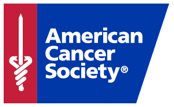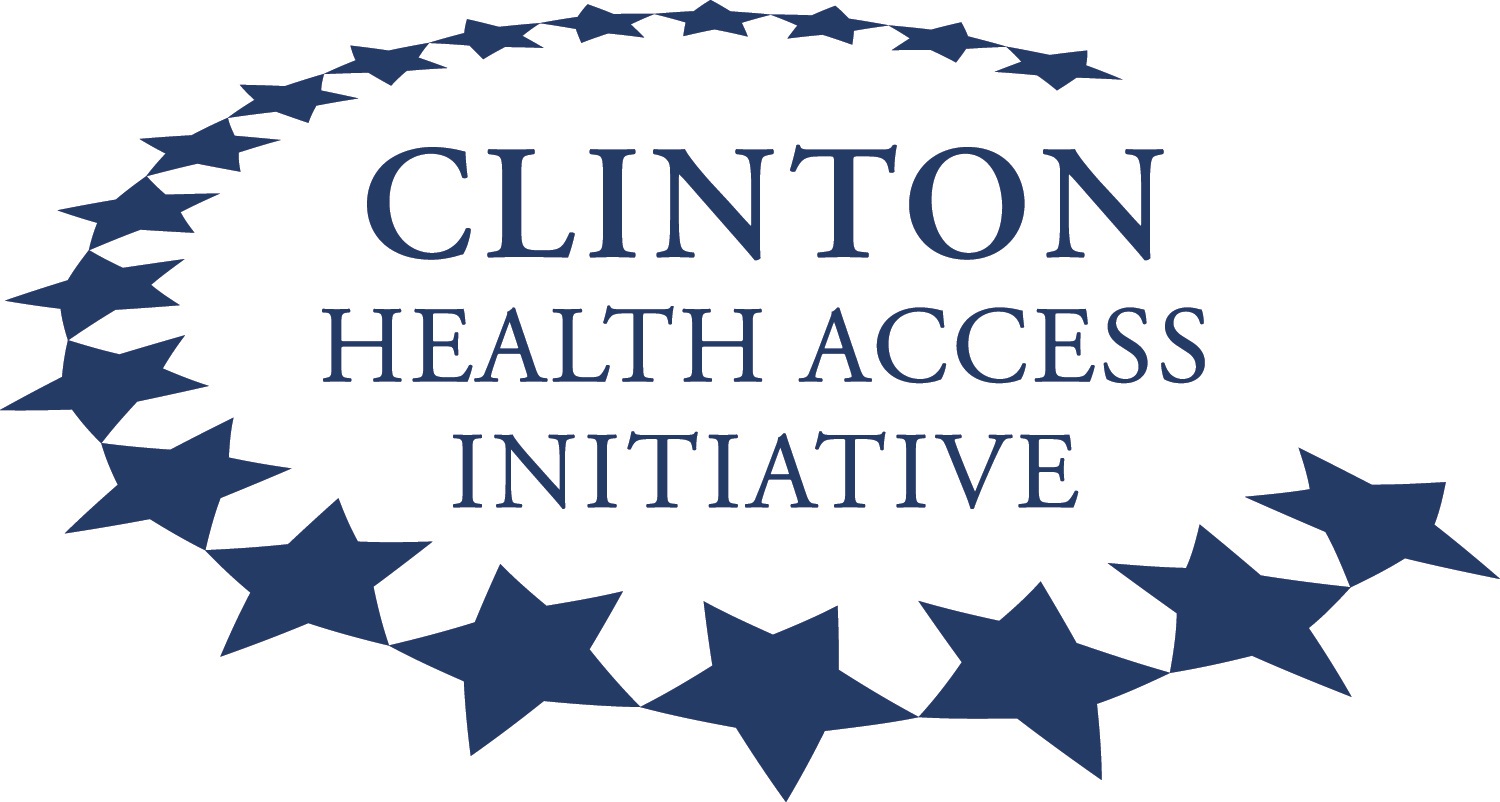 |
 |
A Neglected Disease in Africa
Sub-Saharan Africa’s cancer burden is significant and growing. In 2012, there were an estimated 626,400 new cases of cancer and 447,700 deaths from cancer in Sub-Saharan Africa. The World Health Organization projects that by 2030, close to 1 million people will die of cancer each year in Sub-Saharan Africa. For every four people who die of HIV/AIDS, there will be three who die of cancer.
Cancer in Sub-Saharan Africa kills more people than does malaria, yet the global response to cancer in Africa has lagged behind efforts to combat other diseases. Excluding funding for anti-tobacco campaigns, funding from private foundations and donor governments for cancer in lower-income countries is less than US$20 million and amounts to just US$3.50 per death, far less than the US$2,952 spent per death from HIV. As a result of this underinvestment, as well as a range of systemic challenges, cancer in Sub-Saharan Africa is twice as lethal as it is in the United States.
As we recognize Breast Cancer Awareness month, it is important to understand that this disease is a truly global problem. Each year, close to 100,000 women in Sub-Saharan Africa are diagnosed and 48,000 women die of breast cancer. Women diagnosed with breast cancer in these countries face much more daunting odds of survival than women in the United States (US). While a woman diagnosed in the US has a 90 percent likelihood of surviving five years, her counterpart in Uganda has a five-year survival rate of just 46 percent and in The Gambia, just 12 percent. This unacceptable disparity in mortality is due to the lack of strong screening and diagnostic systems as well as limited access to treatment for women who are diagnosed early enough to benefit from treatment.
And with Cervical Health Awareness Month coming soon in January, it’s worth noting that cervical cancer is highly preventable, both through HPV vaccination and robust screening programs. As a result, in the US, there has been a 70 percent decrease in cervical cancer deaths since 1969. Sadly, cervical cancer remains one of the leading causes of cancer death in Africa.
The Problem
Cancer in Sub-Saharan Africa is characterized by late presentation coupled with limited access to screening, diagnosis, and treatment. There is a shortage of specialized health workers, a lack of infrastructure, limited awareness about cancer, and high levels of stigma. As a result, people with cancer are often diagnosed late in their disease- more than 80 percent are in advanced stages by the time they reach a cancer center.
Furthermore, the global market for cancer treatment functions inefficiently in Sub-Saharan Africa, resulting in high prices, low quality, and limited availability. Fewer than 10 percent of patients who need chemotherapy receive it, and less than half of the countries in Africa have even a single radiotherapy machine. Effective and affordable tools to diagnose and treat cancers exist; however, access to these tools is largely limited to developed countries.
The Approach
The Clinton Health Access Initiative, Inc. (CHAI) is partnering with the American Cancer Society (ACS) to address some of these barriers. By bringing together ACS’s cancer expertise with CHAI’s market-shaping experience and global reach, we intend to demonstrate that cancer can be treated affordably and effectively in Africa and to challenge the notion that when it comes to cancer, where you live determines if you live. This work is focused on lowering the cost of cancer treatment and partnering with governments (initially Nigeria and Ethiopia) to strengthen their cancer care systems.
CHAI and ACS are working with cancer drug manufacturers to lower the cost of generic chemotherapies and help countries to access higher quality products. And through a partnership with IBM Health Corps, we are developing ChemoQuant, an online chemotherapy forecasting tool that will help governments to develop more accurate forecasts and reduce avoidable interruptions of medicine supply.
Ethiopia, a country of 94 million, is challenged to provide sufficient cancer treatment and services with just four oncologists currently in the country. In order to reach a substantial number of cancer patients, the government will be providing specialty training to equip existing physicians to deliver some kinds of cancer treatment. ACS and CHAI are working with the government to develop and implement a strategy that will expand cancer services from one cancer center in the country to seven, with an initial focus on expanding basic breast cancer diagnosis and treatment services.
There are just a few of the efforts currently underway.
The number and magnitude of the challenges facing those with cancer in Africa can be daunting. And while the fight against cancer in the US is ongoing, we have made great progress, developing drugs and diagnostics that have improved survival rates significantly. But many of these effective—and often inexpensive—tools have failed to reach patients in other parts of the world. While we can’t save everyone suffering from cancer, there are simple, affordable and effective tools that can save many lives in Africa today.





